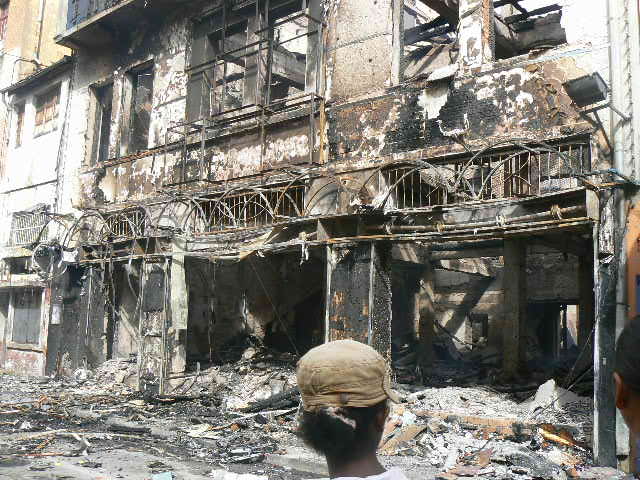 (Abstract) Crisis: Exclusion and integration stategies of homeless (on the basis of selected areas of middle and south eastern Europe
(Abstract) Crisis: Exclusion and integration stategies of homeless (on the basis of selected areas of middle and south eastern Europe
Background. When we are talking about homelessness, we always have to talk about migration – so it seems to be. But beginning with the industrial revolution at the end of the 19th century we could face a profund chance. Parallel to the deep crisis of migratory labour we could observe the setup of a social help structure: Homeless should be settled and integrated, and migration became a more and more marginal appearance.
Context. Now, at the beginning of the 21th century we can watch a new release of homeless migrants all over Europe. It comes along with the expansion of the European Union and its economic integration, cheap transportation and easy communication within globalized structures, which afford and require a high mobility.
Description. In the metropolitain areas we can observe a rapid increase of the amount of homeless migrants. They are often in a stopover-situation wich turns into a dead-end-street: Crisis in the short past forced them to leave their home countries, present crisis and the lack of employment opportunities in destination countries will hinder them to leave the current place. They remain pauperized and excluded.
Actually we can watch a wide and inconsistent spectrum of strategies to handle this situation. We can notice regardless evictions, remand campaigns, ignorance but also acceptance and a few projects of succeeding integration policy.
Bundeszentrale für politische Bildung -Internationale Konferenz zu Migration in Zeiten der Krise
Auf der Konferenz "Rethinking Migration in Times of Economic Crisis in Europe" werden internationale Migrationsexperten/innen die Folgen der Krise für die Asyl- und Migrationspolitik und für den Zusammenhalt von Einwanderungsgesellschaften diskutieren.









